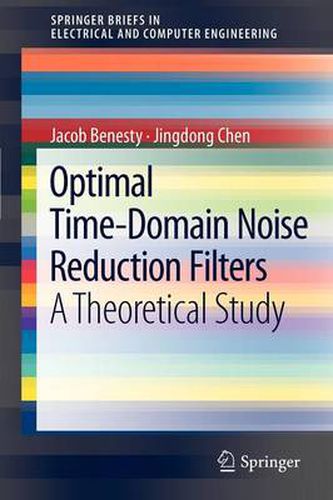Readings Newsletter
Become a Readings Member to make your shopping experience even easier.
Sign in or sign up for free!
You’re not far away from qualifying for FREE standard shipping within Australia
You’ve qualified for FREE standard shipping within Australia
The cart is loading…






This title is printed to order. This book may have been self-published. If so, we cannot guarantee the quality of the content. In the main most books will have gone through the editing process however some may not. We therefore suggest that you be aware of this before ordering this book. If in doubt check either the author or publisher’s details as we are unable to accept any returns unless they are faulty. Please contact us if you have any questions.
Additive noise is ubiquitous in acoustics environments and can affect the intelligibility and quality of speech signals. Therefore, a so-called noise reduction algorithm is required to mitigate the effect of the noise that is picked up by the microphones. This work proposes a general framework in the time domain for the single and multiple microphone cases, from which it is very convenient to derive, study, and analyze all kind of optimal noise reduction filters. Not only that all known algorithms can be deduced from this approach, shedding more light on how they function, but new ones can be discovered as well.
$9.00 standard shipping within Australia
FREE standard shipping within Australia for orders over $100.00
Express & International shipping calculated at checkout
This title is printed to order. This book may have been self-published. If so, we cannot guarantee the quality of the content. In the main most books will have gone through the editing process however some may not. We therefore suggest that you be aware of this before ordering this book. If in doubt check either the author or publisher’s details as we are unable to accept any returns unless they are faulty. Please contact us if you have any questions.
Additive noise is ubiquitous in acoustics environments and can affect the intelligibility and quality of speech signals. Therefore, a so-called noise reduction algorithm is required to mitigate the effect of the noise that is picked up by the microphones. This work proposes a general framework in the time domain for the single and multiple microphone cases, from which it is very convenient to derive, study, and analyze all kind of optimal noise reduction filters. Not only that all known algorithms can be deduced from this approach, shedding more light on how they function, but new ones can be discovered as well.